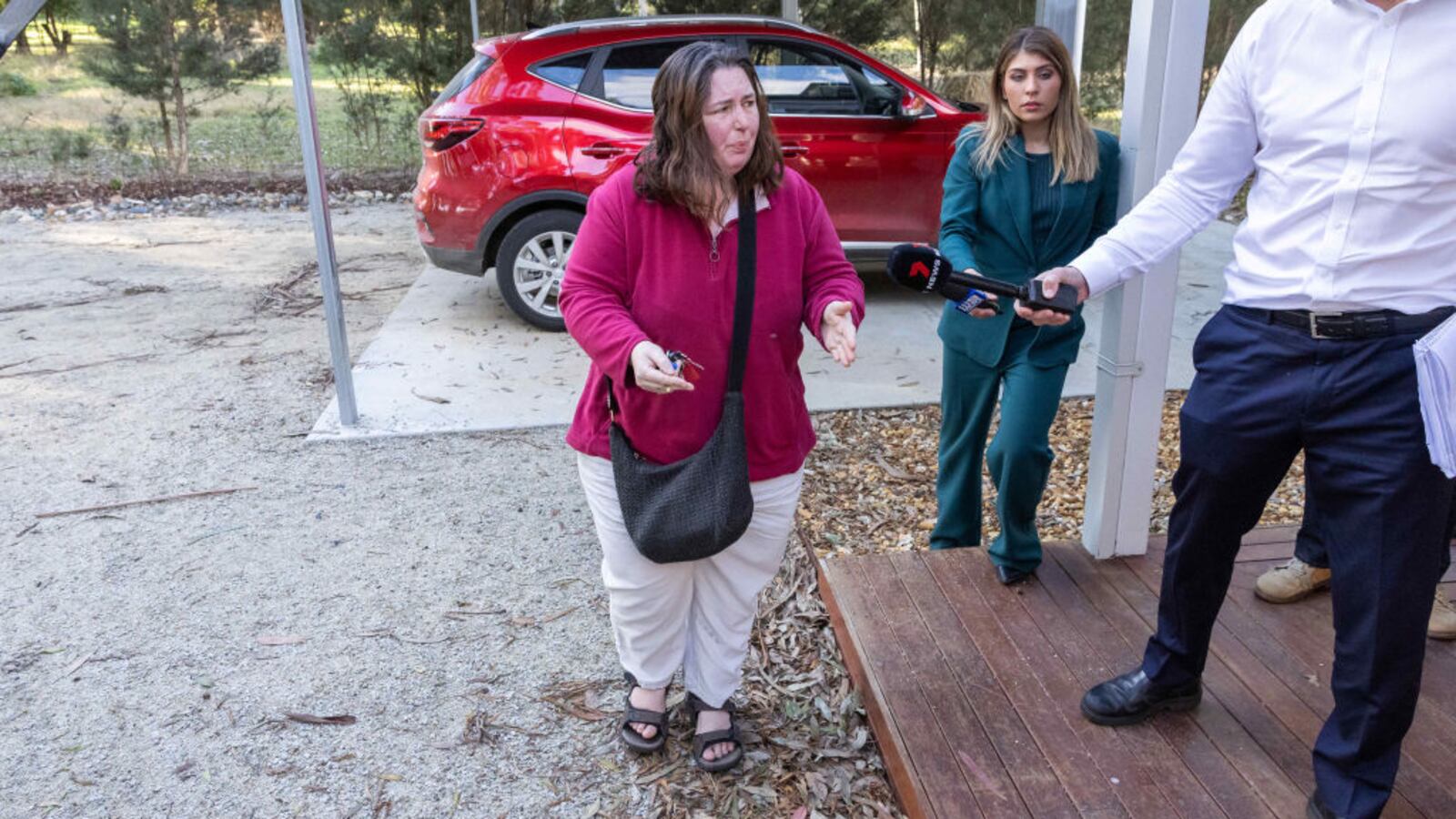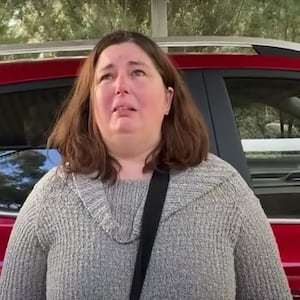A local mayor in Australia felt compelled to remind people gripped by the curious case of three people apparently poisoned by a mushroom lunch that this isn’t the plot of some quaint TV show.
“It’s not Midsomer Murders,” South Gipplsand Mayor Nathan Hersey told Australia’s 9News as the incident generated headlines the world over. “This is Korumburra. This is real people’s lives.”
Also, he might have added, this is about real people’s deaths. Three passed away—and one is in critical condition—after eating a contaminated version of the classic dish beef wellington. It is feared that some of the mushrooms concealed within the puff pastry case were death caps.
Erin Patterson, 48, cooked and served the fateful family meal at her home in Leongatha—a quiet town in Hersey’s local government area—on July 29. Her former in-laws, Don and Gail Patterson, died after eating the wellington, as did Gail’s sister, Heather Wilkinson. Wilkinson’s husband, Reverend Ian Wilkinson, remains in critical condition after he too consumed dish which Erin Patterson told police was made using two packs of mushrooms, one purchased from a major supermarket chain and another which was bought at an Asian grocery store.
Authorities said the victims’ symptoms were consistent with those typically seen in patients who have consumed death cap mushrooms. Patterson, who was herself hospitalized after eating the meal, has not been charged in the case, with police saying that she is a suspect, but that detectives are keeping an open mind about the investigation.
Ever since the first reports of the unusual deaths, the events surrounding the meal have come under tremendous scrutiny. Patterson herself has maintained her innocence, saying she has become “extremely stressed and overwhelmed by the deaths” and insisting she had “absolutely no reason to hurt these people whom I loved.”
She has also admitted lying to police after they discovered that a food dehydrator—a device that can be used to prepare mushrooms for the store cupboard after they’re picked—had been removed from the house after the incident.
She initially told cops in an interview that she’d got rid of the dehydrator “a long time ago,” before admitting that she only dumped the device afterwards. She said she was in a panic about losing custody of her children after her ex-husband asked “is that what you used to poison them?”
Authorities have recovered the dehydrator from a dump.
New details about the case and Patterson continue to emerge adding fuel to the public’s interest. On Tuesday, Melbourne’s Herald Sun newspaper reported that one of the three people who died after the meal had a final conversation with a paramedic. While the details of what was allegedly said have not been disclosed, sources close to the investigation said that the paramedic “believed it necessary” to pass the information onto homicide detectives.
Amid the media storm, Patterson says she too has been victimized by the case. “I lost my parents-in-law, my children lost their grandparents,” Patterson told The Australian in an interview published Tuesday. “And I’ve been painted as an evil witch. And the media is making it impossible for me to live in this town. I can’t have friends over. The media is at the house where my children are at. The media are at my sister’s house so I can’t go there. This is unfair.”
The newspaper also reported that toxicology reports could yet take weeks or months to confirm that the mushrooms were actually responsible for Patterson’s relative’s deaths, though authorities are confident the fungi were responsible.
Regardless of what those reports find, Mayor Hersey is right: This is certainly not Midsomer Murders. The British TV show, which first aired in 1997 and continues to this day, covers detectives solving homicides in the fictional English county of Midsomer. Owing to its near three decades of production, the show has a truly preposterous number of murders occurring in the county’s quiet villages (a reported 395 taking place in the show’s first 126 episodes).
As such, the series’ writers have also had to get creative in finding increasingly novel—sometimes laughable—ways for their characters to die, including being bludgeoned by a big wheel of cheese and drowned in a bowl of eggs and eels.






